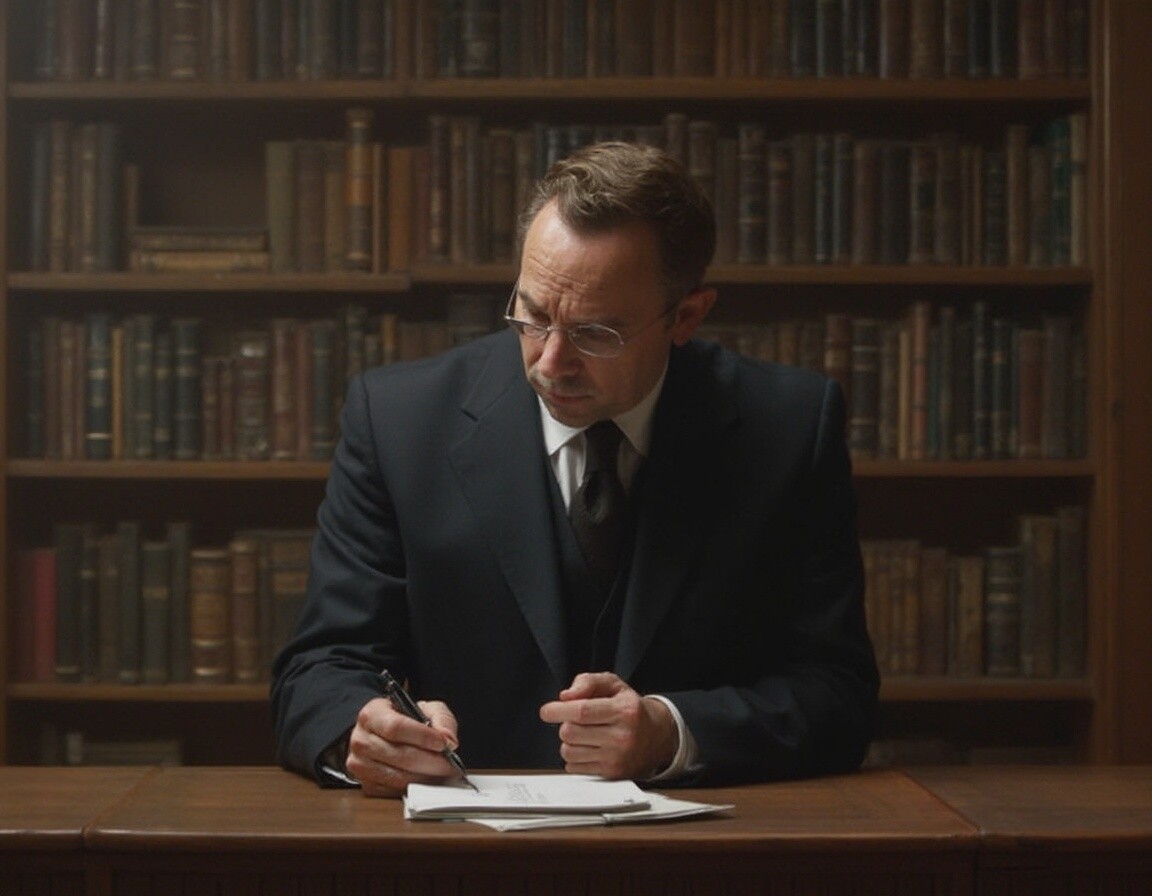Property law is an essential aspect of the legal system that governs the rights and responsibilities of individuals and entities concerning the ownership, use, and transfer of real and personal property. It serves as the foundation for managing the relationships between people and their properties, ensuring that ownership is clearly defined and protected. Whether you’re a homeowner, a tenant, or a business owner dealing with real estate, understanding property law is vital to navigating any legal issues that may arise. This guide will explore the key elements of property law, how it affects different parties, and some common scenarios where property law plays a crucial role.
What is Property Law?
At its core, property law regulates the ownership, use, and transfer of both real and personal property. Real property refers to land and anything permanently attached to it, such as buildings, while personal property encompasses movable items like furniture, vehicles, or even intellectual property. Property law establishes who has the legal rights to control or possess a property, the conditions under which those rights may be transferred, and what happens in disputes over ownership.
The primary functions of property law are:
- Establishing ownership rights: It clarifies who legally owns a piece of property and their rights associated with it.
- Regulating usage: It sets rules about how property can be used, such as zoning laws and environmental regulations.
- Facilitating transfers: Property law governs the buying, selling, leasing, or gifting of property between parties.
- Resolving disputes: It provides mechanisms for resolving conflicts over property, including boundary disputes, lease disagreements, or inheritance issues.
Key Concepts in Property Law
To better understand property law, it’s important to grasp some key concepts that underpin how it operates:
- Ownership: The most fundamental aspect of property law is ownership, which refers to the legal right to possess and control property. Ownership can be outright, shared (such as in the case of joint tenancy), or divided (like in a lease where the tenant has rights to use the property but not own it outright).
- Possession: Possession differs from ownership in that it refers to the control or occupancy of a property. A person may possess a property without owning it, such as in a rental agreement where the tenant possesses the property but does not have ownership rights.
- Transfer of Ownership: Property law also covers how ownership is transferred between individuals or entities. Transfers can occur through sales, gifts, or inheritance. Legal documentation, such as deeds or contracts, typically accompanies these transfers to ensure clarity and legality.
- Leases and Tenancy: When someone rents a property, they enter into a legal agreement called a lease. This document outlines the terms and conditions of the tenancy, including the rights and responsibilities of both the landlord and tenant. Property law helps regulate these agreements to ensure fair treatment and the fulfillment of obligations on both sides.
- Zoning and Land Use: Local governments often have zoning laws that dictate how specific parcels of land can be used. For example, some areas may be designated for residential use, while others may be for commercial or industrial purposes. Zoning laws help manage urban planning, and property law plays a role in ensuring these regulations are followed.
Types of Property Ownership
Property ownership can take several forms, each carrying its own set of rights and responsibilities. Understanding these types is crucial when dealing with property transactions or disputes.
- Sole Ownership: This occurs when a single individual or entity has full ownership rights to a property. They are solely responsible for decisions regarding the property and bear all associated benefits and risks.
- Joint Tenancy: In joint tenancy, two or more people share ownership of a property. A key feature of joint tenancy is the right of survivorship, meaning if one owner dies, their share automatically transfers to the remaining owners.
- Tenancy in Common: Unlike joint tenancy, tenancy in common allows multiple people to own a property together, but each owner’s share does not automatically transfer upon death. Instead, it passes through their estate.
- Community Property: In some jurisdictions, property acquired during marriage is considered community property, meaning both spouses have equal ownership rights, regardless of who purchased it.
- Trusts: Property can also be held in a trust, where a trustee manages the property for the benefit of beneficiaries. This is often used in estate planning to ensure that property is distributed according to the wishes of the property owner.
Common Property Law Issues
Property law affects many aspects of life, and disputes or legal issues can arise in a variety of situations. Here are some common property law issues individuals may encounter:
- Boundary Disputes: These occur when two property owners disagree on the precise location of the boundary between their properties. Property law provides procedures to resolve these disputes, often through surveys and legal documentation.
- Easements: An easement is a legal right that allows someone to use a portion of another person’s property for a specific purpose, such as a driveway or utility access. Easement disputes can arise when there is confusion or disagreement over the extent of these rights.
- Landlord-Tenant Disputes: Property law also governs the relationship between landlords and tenants. Disputes over rent, property maintenance, or lease agreements are common and are usually resolved through legal processes or mediation.
- Adverse Possession: This legal concept allows someone to claim ownership of land if they have occupied it for a certain period without the owner’s permission, and meet other legal requirements. Property law outlines the specific conditions under which adverse possession can be claimed.
- Foreclosures: When a property owner fails to make mortgage payments, the lender may initiate foreclosure proceedings to recover the loan. Property law governs the foreclosure process, ensuring that both the lender and borrower adhere to legal standards.
Importance of Property Law in Real Estate Transactions
Real estate transactions are one of the most significant areas where property law plays a crucial role. Whether buying, selling, or leasing property, having a clear understanding of property law can prevent misunderstandings and protect the interests of all parties involved.
- Contracts: Every real estate transaction begins with a contract, which outlines the terms of the deal, including the price, conditions of sale, and responsibilities of the buyer and seller. Property law ensures these contracts are legally binding and enforceable.
- Title and Ownership: Verifying the title of a property is essential to ensure that the seller has the legal right to transfer ownership. Property law helps to confirm that there are no outstanding claims, liens, or disputes that could affect the transfer.
- Inspections and Disclosures: Buyers have the right to inspect a property and receive disclosures about any known issues, such as structural problems or environmental hazards. Property law regulates these inspections to ensure transparency and fairness in the transaction.
Protecting Your Rights with Property Law
Understanding your rights under property law can help protect you from potential legal issues. Whether you’re purchasing a home, leasing a commercial space, or involved in a dispute with a neighbor, knowing the basics of property law can make a significant difference in the outcome. For instance, ensuring that all contracts are clear and legally binding, seeking proper legal advice during transactions, and understanding zoning laws and property rights can prevent many common pitfalls.
Conclusion
Property law is a vast and complex area of the legal system, but its purpose is to protect the rights of property owners and users. Whether dealing with ownership, usage, or transfers, property law provides the framework for resolving disputes and facilitating smooth transactions. By understanding the fundamental concepts of property law and recognizing how it applies to various situations, individuals and businesses can make more informed decisions and protect their interests in the property they own or use.
if you want to learn more about property law you can visit this website: https://propertylawyersperth.com.au/





